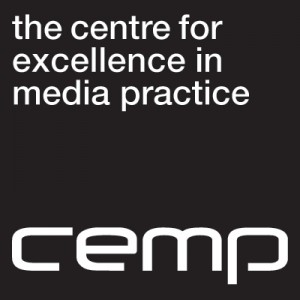
An update from the Centre for Excellence in Media Practice….
CEMP is a research centre in FMC, supporting work that will be returned to the REF under unit of assessment 23 (Education). The centre has members from FMC, CEL and the wider University, PGR students and an active group of Visiting Fellows and Professors. Research leaders for our activity strands are Isabella Rega (Digital and Media Literacies), Mark Readman (Media Practice Education), Karen Fowler-Watt (Journalism Education) and Anna Feigenbaum (Civic Media). Debbie Holley and Julian McDougall co-lead UoA23 (Education) and Mark Readman is impact lead.
Since the last report, CEMP members Fiona Cownie and Sue Eccles have been promoted to Associate Professor and our UoA23 post doc fellow, Huiwen Zhao will soon be moving on to a new role. Congratulations, all richly deserved.
See CEMP People.
OUTPUTS
See CEMP publications.
Since the last report, CEMP members have published outputs in the following journals and books: Journal of Visual Literacy, International Journal of Child-Computer Interaction; International Forum of Psychoanalysis International Journal of Students as Partners, Media Practice and Education, Tourism Geographies, Handbook on Media Education Research; Global Perspectives on Catholic Religious Education in Schools; British Journal of Religious Education; Film, Religion and Youth; Practical Research Methods in Education; Practical Research Methods in Education, Nurse Education Today; The International Encyclopedia of Media Literacy; Intergeracionalidade e o mundo digital: Propostas de atividades, Symposia Melitensia’ and the published proceedings of Future Technologies 2018; Breaking Barriers and Higher Education:Global Foundations, Issues and Best Practice (UNESCO IASAS).
Our guest edited editions of Cultura y Educación on ‘Digital Literacy, Fake News and Education and International Journal of Students as Partners on Third Space Partnerships are in production. Media Practice and Education issues 19.1 and 19.2 are published and 19.3 is in production. All three issues in volume 19 are special issues, on Disruptive Media, the MPE / MECCSA Media Practice symposium and the AHRC Film-Making Research network, respectively. In 2019, the journal will expand to four issues per year. The 2019 Media Practice and Education / MECCSA symposium will be held at the University of Kent in June.
Books by CEMP members will be published later this year / in early 2020 by Routledge: New Journalisms: Rethinking Theory, Practice and Pedagogy (Karen, co-editor with Stephen Jukes) The Uses of Media Literacy (Julian is co-author) and Media Studies: The Basics (Julian is co-author, with CEMP alumni Claire Pollard); and Palgrave: Fake News vs Media Studies; Travels on a False Binary (Julian). The first batch of titles will be published later this year for the Routledge Research in Media Literacy Education book series, co-edited by Julian and Pete Bennett, including Karen Fowler-Watt’s and a new book from CEMP Visiting Professor Paul Mihailidis.
PROJECTS and GRANTS
See CEMP projects
Newly awarded – AHRC Leadership Fellowship Connect2Aspire: Cultural engagements and young people’s professional aspirations: CEMP is the academic partner of the project, Isabella will be working on the project and Julian will be on the Advisory Board.
New bids have been submitted and results are pending from British Academy; Leverhulme Trust; Erasmus+; Nordic-UK research programme on Migration and Integration; NATO and Independent Social Research Foundation. A new ARHC GCRF network bid is in development for the Education in Conflict and Crisis theme.
Ongoing projects with external funding – US Embassy (Fake News vs Media Literacy); AHRC (e-voices); GRCF (Children of the Revolution), Marie Curie Fellowship (MediaLitRefYouth).
UoA23 impact studies in development – Digital and Media Literacies (UKLA; UE Embassy, JISC and European Commission projects); Reflective coaching with digital portolios (FA / AFC Bournemouth); Media Literacy and Refugee Children (Marie Curie Fellowship).
ENVIRONMENT / POSTGRADUATE RESEARCH
We inducted our sixth cohort to the Ed D in Creative and Media Education in October. we now have close to fifty doctoral students on the programme. At the October residential, keynotes were presented by Isabella Rega, Roman Gerodimos, Sarah Jones, Head of the Birmingham Media School and Jon Wardle, Director of the National Film and Television School. Three Ed D students completed since the last report – Emma Walters (external); Andrew Bissell (internal) and Richard Berry (external). Three more vivas will take place this academic year. Several of the publications listed above are from CEMP doctoral students.
CEMP’s new Professional Taught Doctorate in Media Practice will be going through development this academic year, led by Mark Readman.
Graham Mills, Head of the AFC Bournemouth Youth Academy, continues to work with BU for an M-Res project, aligning with our impact case study work with AFCB, developing from Visiting Fellow Jenny Moon’s work.
EXTERNAL / GLOBAL ENGAGEMENT
The Media Education Summit took place at Hong Kong Baptist University in November. Keynote speeches and discussion panels were presented / led by Fergal Keane, Donna Chu, Sarah Jones, Hyeon-Seon Jeong and the D.A.R.E Collaborative at UCL.
This was the 12th Media Education Summit and the biggest MES so far, with 170 delegates from 27 countries attending. Feedback has been overwhelmingly positive, including invitations from prospective hosts in Asia, North America and central Europe for future years and several CEMP Ed-D enquiries have already been made by delegates from Hong Kong, China and Japan. Here are two examples:
I would like to thank you once again for a wonderful time in Hong Kong. For me it was a learning experience like no other, an experience that i shall never forget. (Doctoral student, Malta).
First of all, thank you so much for producing such a lovely conference for 170 participants from 27 countries including me. I know how hard you have been working on the preparation and facilitation. Few people can do such matter. Take a sound rest and nice tea of Hong Kong, please. (Professor, Tokyo)
CEMP doctoral graduate Marketa Zezulkova teamed up with South Island School to run this year’s youth strand, concluding with the school students forming a ‘flipped panel’ to field questions from the academics. Marie Curie Fellow, Annamaria Neag, joined the conference team and presented her project to a large international audience. All the keynotes, the Youth MES video and Karen Fowler-Watt’s film with Fergal Keane are on the conference site.
We’ll be back in the UK (‘it’s coming home’) at the University of Leeds, in early 2020. The dates and call for papers will soon be circulated.
Since the last report, CEMP researchers have been invited to present keynotes, join invited panels and provided consultancy for Assistive Tech parliamentary event | Care Green Paper (Denyse King); NCTJ Journalism Skills conference (Karen); International Conference of Education/ World Conference for Special Educational Needs Education Cambridge (Debbie Holley); Swiss National Science Foundation (Roman Gerodimos); Wonkfest, Ravensbourne University (Debbie Holley); HEPI policy breakfast panel (Debbie Holley); Media Education, Media Ecology, Media Literacy: Digital Media for the Future, National Research University, Moscow (Julian) and Promoting common values and inclusive education through cooperation between education institutions and civil society, European Commission, Zagreb (Julian).
The public event and stakeholder workshop for the US Embassy Fake News vs Media Literacy project are now open for registration.
Annamaria Neag was an invited speaker for the “Children and Media in a Culturally Diverse Society” discussion organised at Charles University, Prague, Czech Republic, where she joined CEMP doctoral graduate Marketa Zezulkova on a panel. She also gave an interview on media literacy and children for the Galician magazine Tempos Dixital.
Karen Fowler-Watt presented the BU-sponsored award for New Journalist of the Year to BuzzFeed’s Richard Holmes at the Press Gazette’s British Journalism Awards, at the De Vere Connaught Rooms in London. Karen was also a judge for this category of the awards. Her film with Fergal Keane was screened at MES and is online.
The e-voices project was presented to the Costa Rica Ministry of Culture and Youth and the Ministry of Justice in December, and is nominated for The Guardian Awards. A MoU is signed with Fundacion Parque La Libertad to expand eVoices Network activities in Costa Rica.
Phil Wilkinson is working with Southampton Children’s Hospital to teach young patients Digital Skills.
CEMP members are examining MPhil / PHDs at Cape Peninsula University of Technology, South Africa (Isabella) and UCL (Mark).
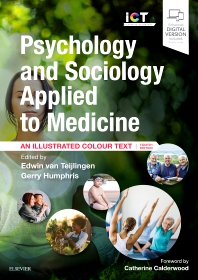

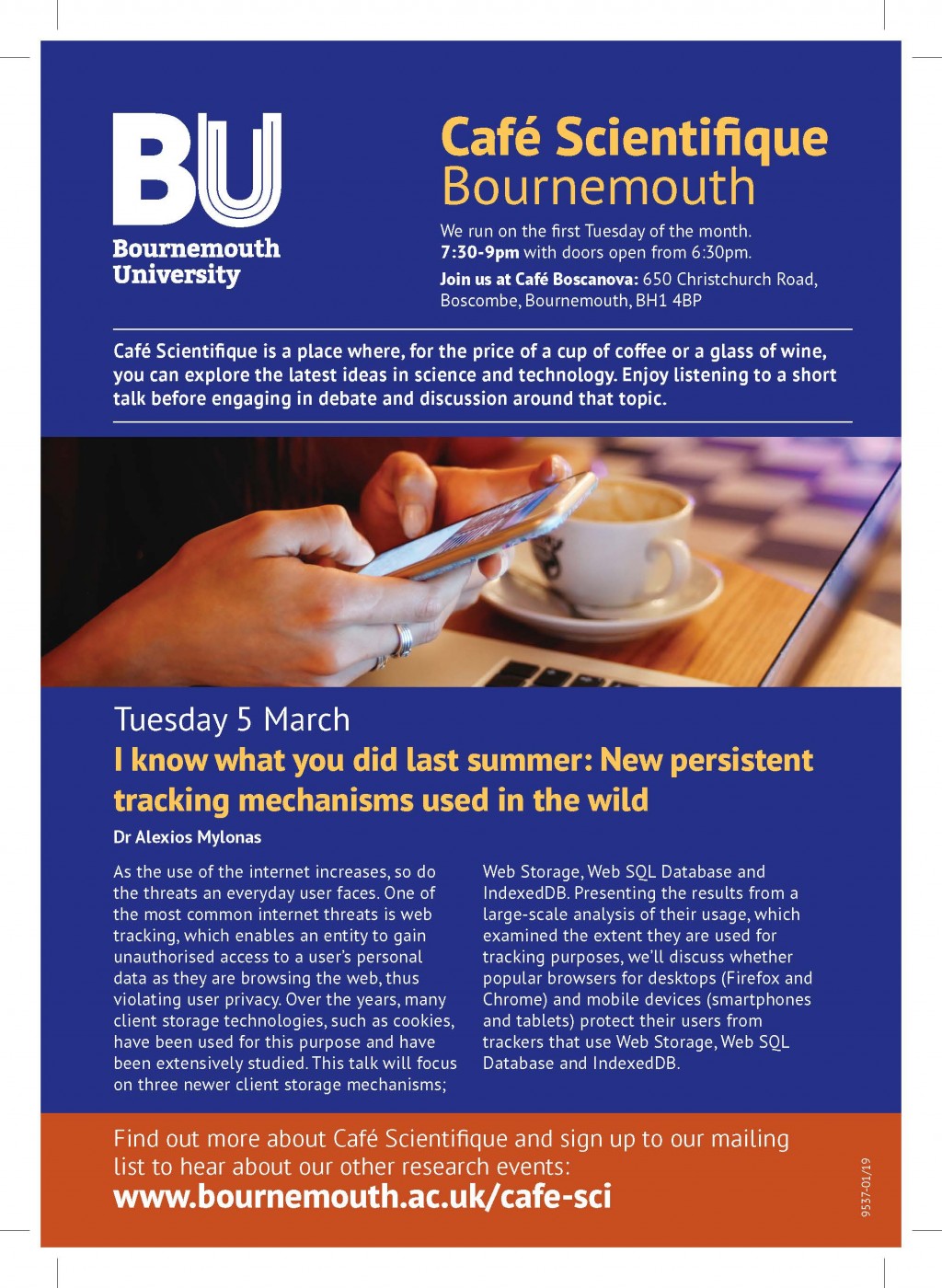
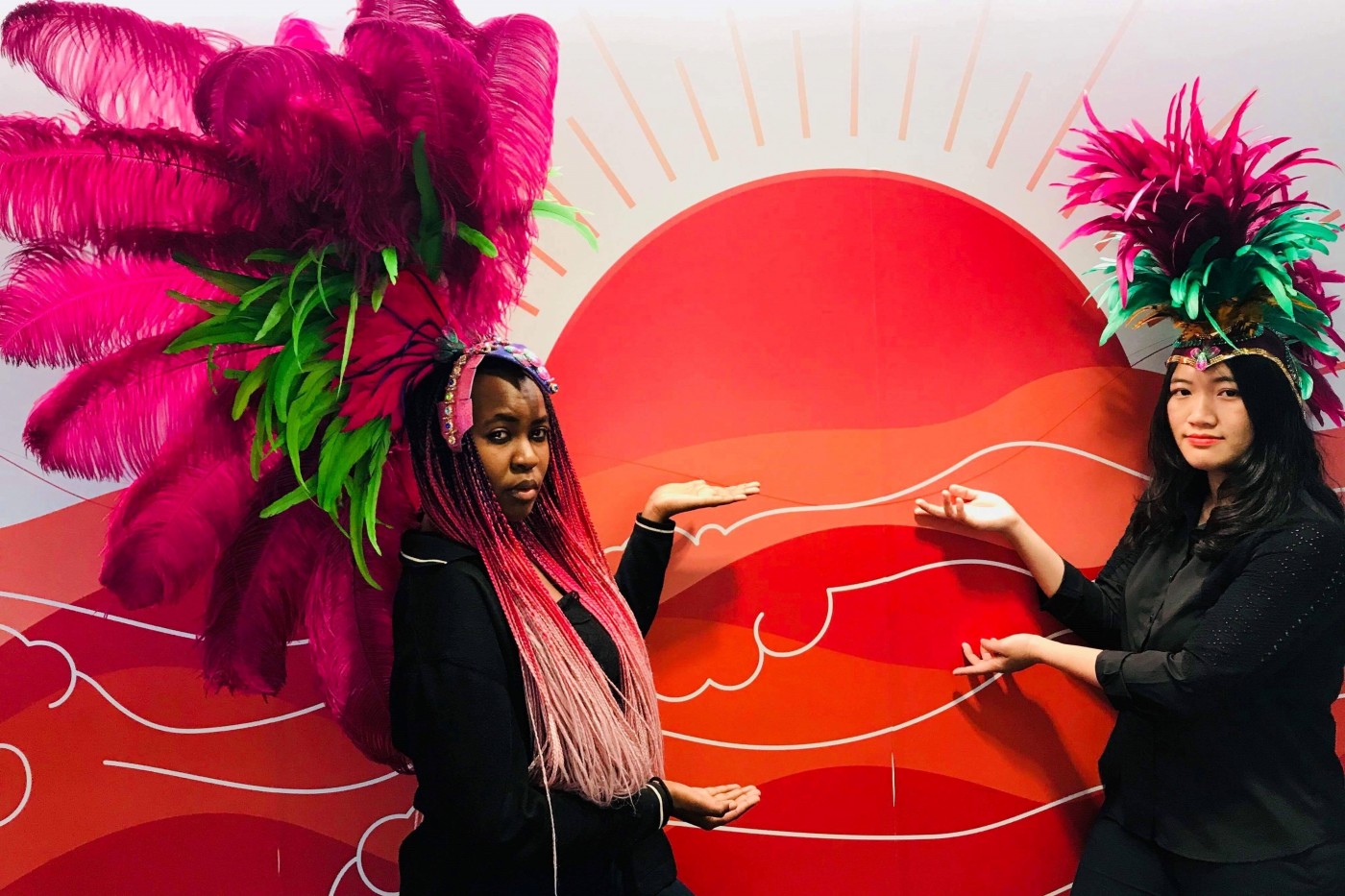 The deadline for the research photography competition is this Wednesday (January 31st.)
The deadline for the research photography competition is this Wednesday (January 31st.)



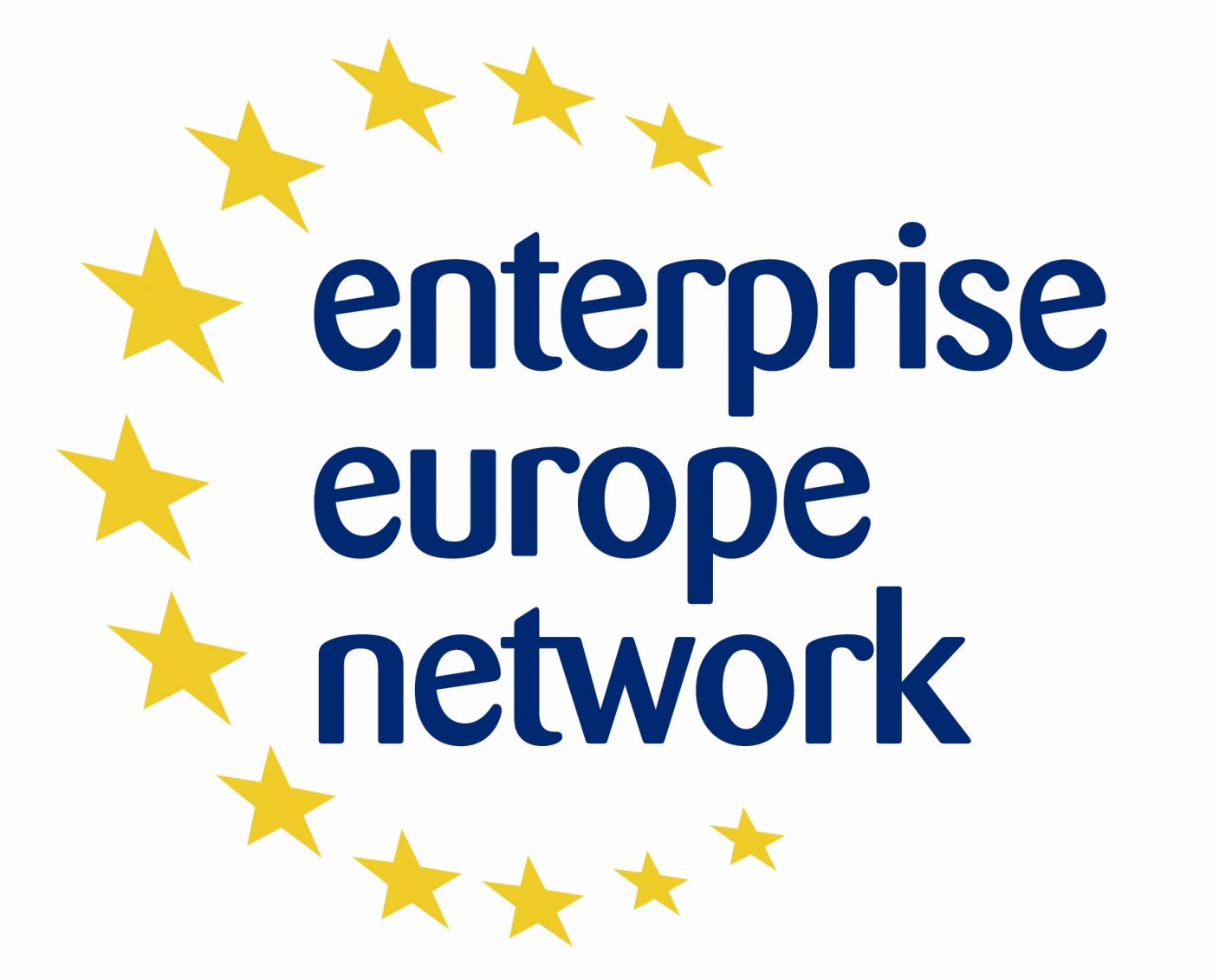

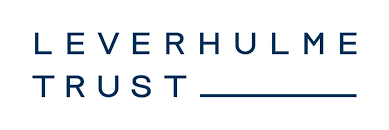 Bournemouth University invites expressions of interest from early and mid-career researchers at Bournemouth University, looking to build a research team to tackle a distinctive research problem.
Bournemouth University invites expressions of interest from early and mid-career researchers at Bournemouth University, looking to build a research team to tackle a distinctive research problem.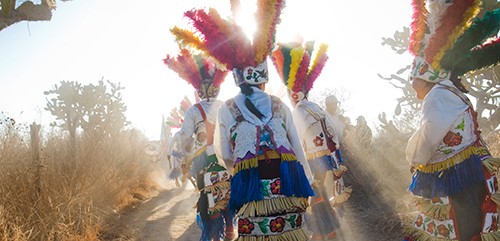
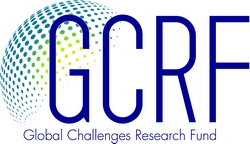






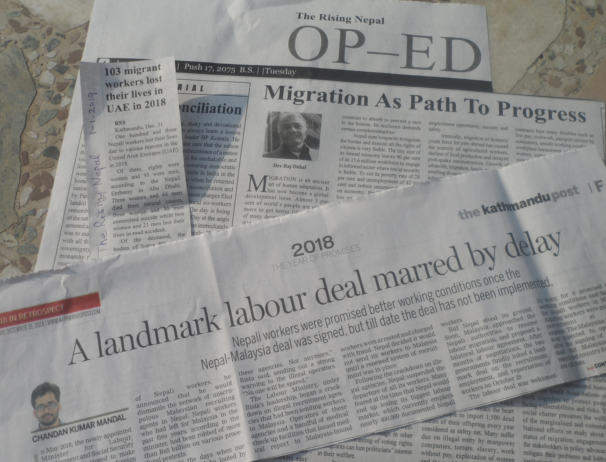











 New Nepal scoping review on maternal & neonatal health
New Nepal scoping review on maternal & neonatal health Fourth INRC Symposium: From Clinical Applications to Neuro-Inspired Computation
Fourth INRC Symposium: From Clinical Applications to Neuro-Inspired Computation Writing policy briefs
Writing policy briefs Upholding Excellence: The Concordat to Support Research Integrity
Upholding Excellence: The Concordat to Support Research Integrity ECR Funding Open Call: Research Culture & Community Grant – Application Deadline Friday 12 December
ECR Funding Open Call: Research Culture & Community Grant – Application Deadline Friday 12 December MSCA Postdoctoral Fellowships 2025 Call
MSCA Postdoctoral Fellowships 2025 Call ERC Advanced Grant 2025 Webinar
ERC Advanced Grant 2025 Webinar Horizon Europe Work Programme 2025 Published
Horizon Europe Work Programme 2025 Published Horizon Europe 2025 Work Programme pre-Published
Horizon Europe 2025 Work Programme pre-Published Update on UKRO services
Update on UKRO services European research project exploring use of ‘virtual twins’ to better manage metabolic associated fatty liver disease
European research project exploring use of ‘virtual twins’ to better manage metabolic associated fatty liver disease